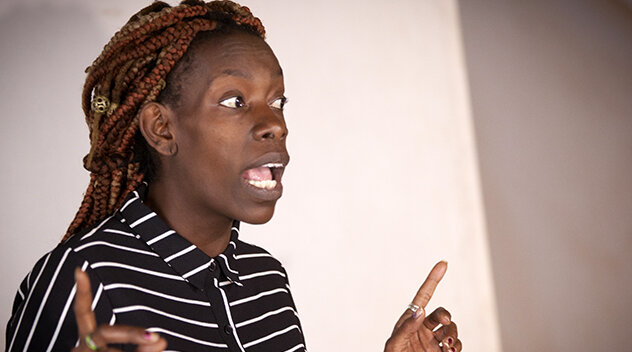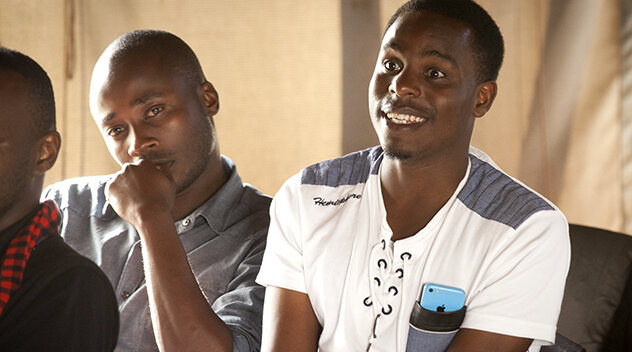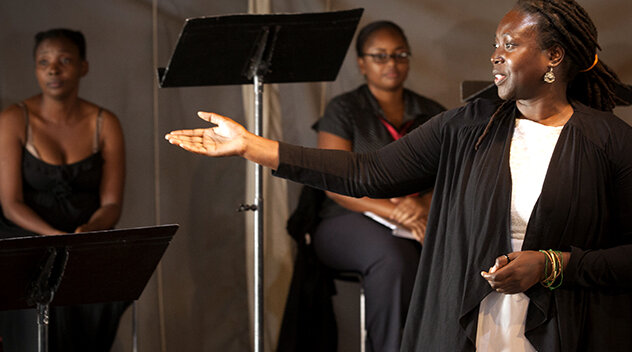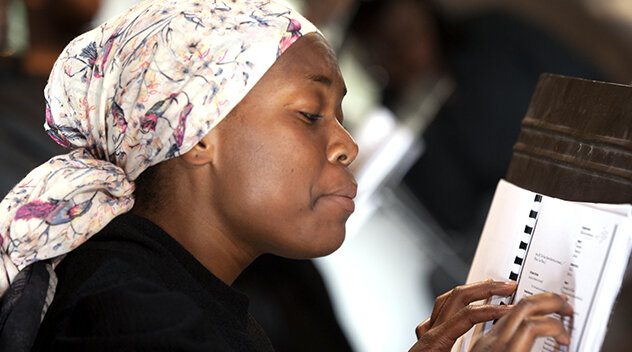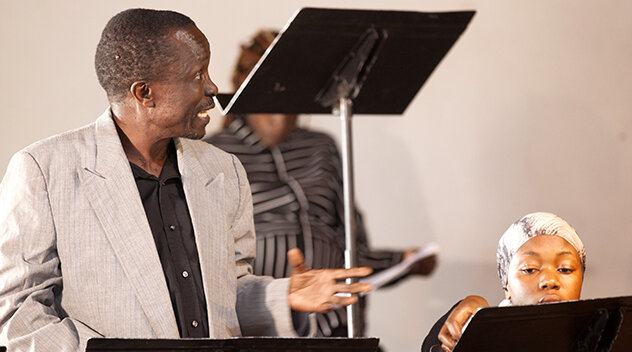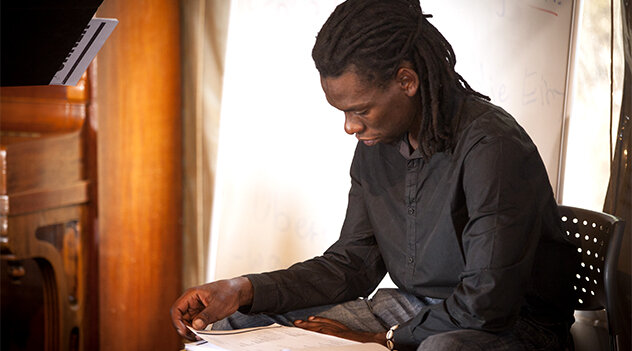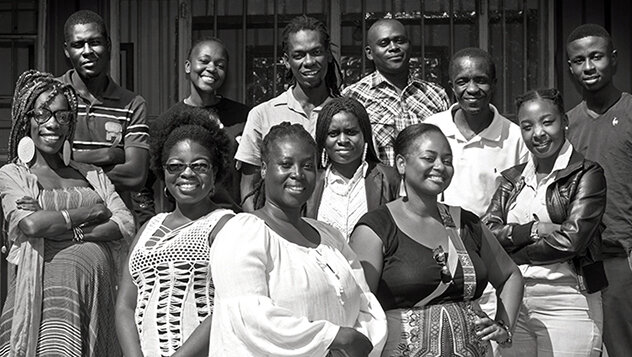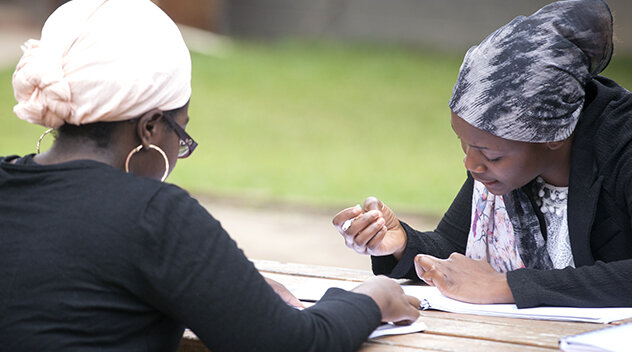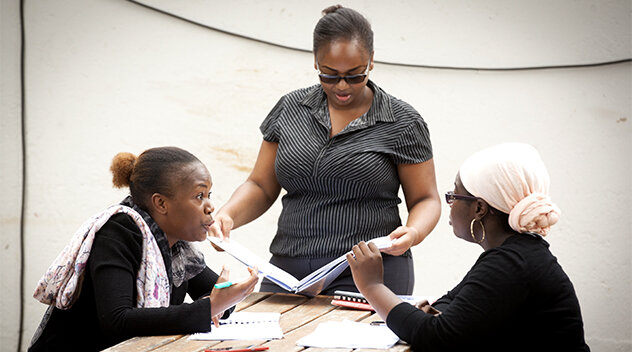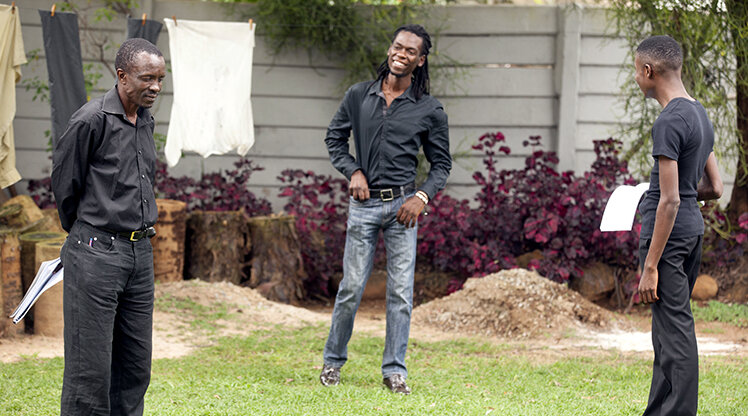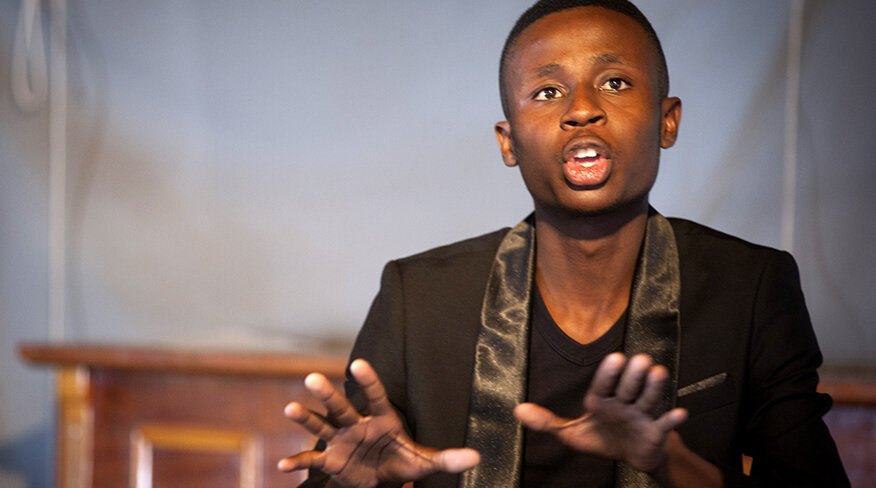Directing Venus
Harare, March 21st 2017 | Elizabeth Zaza Muchemwa
It was a privilege to work on the staged reading of Venus by Suzan-Lori Parks. This feeling comes from the realization that the person on whom the play is based is a prominent figure whose life story shaped important discourses on slavery, sexism, cultural appropriation and racism.
Venus is Suzan-Lori Parks’ play based on the life of the so-called ‘ Hottentot Venus’. In Europe Saartjie Baartman was, due in part to her relatively enormous posterior, exhibited to paying crowds as a side show freak under the appellation of ‘The Hottentot Venus’. In her death she was dismembered for scientific study, the results of which were used to confirm negative stereotypes Europeans had about Africans.
Her skeleton and a plaster cast of her body were displayed in the Musee de L’homme in Paris until 2002 when her remains were returned to South Africa.
In keeping with her unconventional style, Suzan-Lori Parks questions and appropriates history by bringing to the forefront the horrors of slavery, racism, commodification and sexism. The play draws parallels between the objectification of victims and the consumers of these products. In its irreverent manner, the play tackles the complexity of intersectionality as affecting the historically disadvantaged position that is occupied by the black female figure.
It is the conceptions of racialised notions of beauty, the ideation of identity and belonging, and how they affect our individual pursuit of better livelihood that preoccupied our minds in the rehearsal room.
One question an audience member asked was, “Did Saartjie have a voice?” From that question, I kept thinking, how does a voice shine when that voice is held in a vice-like grip by systems of oppression? What can be done to ensure that these voices are heard? Does it begin when we shine a light on the lives of those that history ignores? Saartjie’s remains were eventually returned to her native South Africa, in the process releasing her from being an object of curiosity and commodification. Yet, one could argue that this trade of objectifying women is still going on, and that in that broad spectrum of body politics are the underlying issues of distorted perceptions of African women’s bodies that continue to marginalize individuals that do not fit into prevailing stereotypes.
For me, Venus was an unrelenting exercise in which I found myself in the depths of human despair but also a place where I found beautiful human experiences that opened my mind to endless possibilities.

